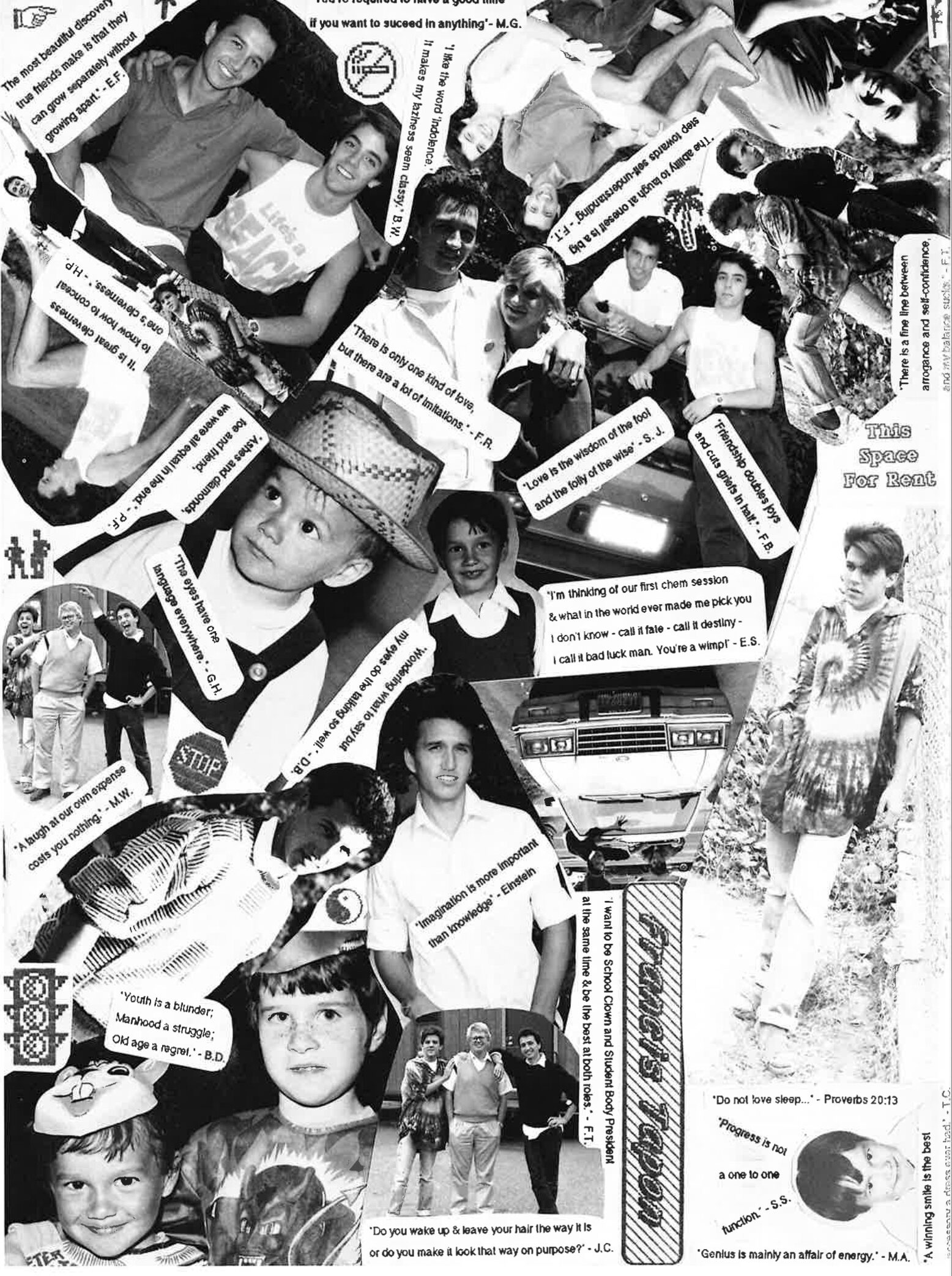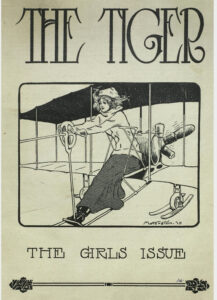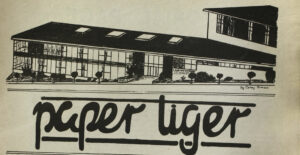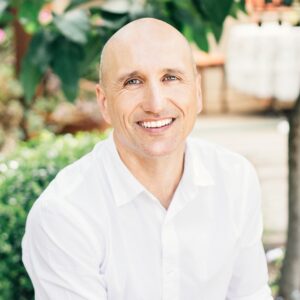
Courtesy of Francis Tapon
Francis Tapon ’88, a travel writer and Lick-Wilmerding graduate, is currently traveling through various countries in Africa to get material for his latest book. Tapon first arrived on the continent in 2013, but decided to go back to refresh his material since the pandemic. During his time spent in Africa Tapon has managed to visit all of its 54 countries.
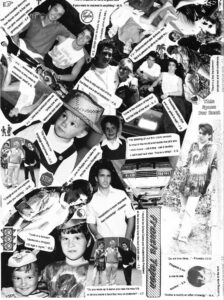
Courtesy of the LWHS Archives
He is known for his books about cross country travel, backpacking, and hiking. Tapon was inducted into the California Outdoors Hall of Fame in 2019, an organization that strives to honor those who have demonstrated their passion for the outdoors and commitment to its preservation.
In addition to writing books, Tapon also enjoys blogging and creating podcasts. He has given three TEDx talks. “I’m a content creator, effectively, whether that’s creating a book as content. I’ve done documentaries, video documentaries,…” he said.
Attending LWHS in the mid 80s, Tapon described a campus of about 300 students with a notably large field that was used to play games such as football, baseball or frisbee. “It wasn’t a really manicured field – it was just good for pickup games and that kind of stuff,” he said.
Tapon started off his high school years at the French International School until transferring to LWHS as a Junior. This experience allowed him to realize earlier on than his classmates who were at LWHS for all four years how special the school is. “I kind of missed out on one of the blessings and unique traits about Lick courses – the woodshop, metal shop, jewelry shop and all these shops that they had. People said, ‘oh, Francis, you didn’t get the Lick-Wilmerding experience,’” he said.
“I took the hardest classes you could take,” he said, referencing all the AP courses LWHS offered at the time. Tapon also served as student body president and played on the Varsity soccer, basketball and volleyball teams, sports he continued to play through college and in his adult life.
At LWHS, Tapon also participated in various community engagement opportunities and speaking at school-wide assemblies. He admits that this sometimes led to overwhelming stress. “I got like four or five hours of sleep per night. I mean, a little bit of it was crazy – I was a complete workaholic, I was possessed,” he said.
However, throwing himself into the school community and working hard did pay off and gave him valuable practice for his college years. Tapon received his undergraduate degree at Amherst College and his graduate degree at Harvard. Speaking on how LWHS prepared him for a future in higher education, Tapon said “I worked harder at Lick those two years than I ever have in my entire life. I worked harder than I did at Amherst. I worked harder than I did at Harvard.”
Although no longer a student, Tapon still has connections to the school. He finds old friends from high school through social media, an opportunity that he is grateful for, but something that definitely feels different from his own high school years.
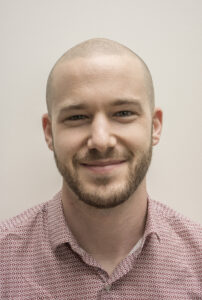
Courtesy of Luca Laconi-Stewart
Luca Laconi-Stewart ’09 was born in San Francisco and attended Buena Vista elementary and Live Oak middle school before coming to Lick-Wilmerding. He went on to attend Vassar College for two years, until Stewart transitioned to a different stage in life. “I decided to leave — not for any particular reason, I just didn’t feel like it was the right thing for me,” he said.
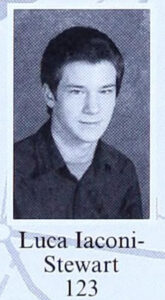
Courtesy of the LWHS Archives.
Stewart now works at Sallie Mae, a student loan company, as a user experience designer. His job consists of utilizing his understanding of how people use online resources to make internet usage more intuitive for its consumers. “I really enjoy that field. It’s something that I kind of tripped across and transitioned into, but I consider myself a creative person and it lets me do a lot of problem solving, which I really enjoy,” he said.
Stewart describes the class sizes at LWHS as fairly small, consisting of around 15-20 students each. Speaking on the economic diversity of LWHS at the time, Stewart said, “It was largely upper middle class. There were definitely some kids who came from very wealthy families but I don’t think anyone, in my opinion, outright flaunted it or anything like that. People came from different backgrounds and lower socioeconomic statuses, but I think for the most part, it was still somewhat exclusive.”
As a freshman, Stewart recalls a shops rotation where students switched off every few weeks between wood, metal, glass blowing and electronics shops. In following years, he pursued semester-long courses in the metal and electronics shops. He also built his own piece of furniture and took two years of architecture. “Architecture was a huge influence on me, and that definitely sent me down a particular path. I didn’t go into architecture, but it definitely shaped me — I might have ended up in a very different place,” said Stewart.
Stewart definitely felt the infamous stress levels known to all students at LWHS. “I don’t think it was really until college that I felt like I was maturing and growing as an adult, or a person. It’s so rigorous – I was kind of in the weeds of doing the work and just all that stuff,” he said. However, despite feeling overwhelmed at times, Stewart still acknowledges his appreciation for the school. “It’s such a privilege to go there and get that kind of education. The teachers were great, and I just felt really lucky to be able to go there — It was a very positive and supportive environment.”
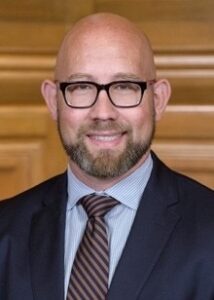
Courtesy of Rafael Mandelman
After attending Lick-Wilmerding for four years, Rafael Mandelman ’92 received a BA degree in History from Yale, a master’s degree in Public Policy from the Kennedy School of Government, and a JD degree from U.C. Berkeley School of Law.
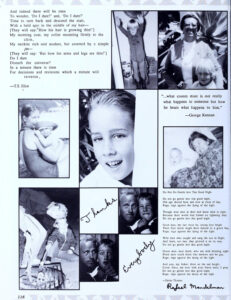
Courtesy of the LWHS Archives
After completing his education, Mandelman interned for exposure to city government work. He worked both an unpaid internship at San Francisco’s City Hall and a summer job to earn some extra money. He went on to become Supervisor to San Francisco’s District 8.
Mandelman attended LWHS in the early 90s, a time when the shops at LWHS included wood and stained glass, as well as an architecture studio and a computer lab.
Mandelman thoroughly enjoyed the humanities classes at LWHS. “My favorite classes when I was in high school were English and History,” he said. “Eleanor Burke taught an infamous English composition class that was really hard. To pass it you had to pass what was called a minimal decencies test — everybody had to pass with no mistakes and the minimal decencies were all basic English grammar.”
Mandelman also enjoyed taking Nancy Clark’s AP European History class his senior year, as well as politically intensive classes in the History Department’s Junior States of America chapter.
While taking theater classes and performing in plays and musicals, Mandelman was able to participate in what was at the time one of the school’s traditional trips — traveling to Ashland, Oregon to the Shakespeare Festival.
Before LWHS, Mandelman attended Brandeis, a time in which he moved in with the woman who drove his carpool under informal foster arrangements through his freshman year of high school. At the time, Mandelman’s mother was fighting a battle with mental illness and his grandmother was growing debilitated from old age. He had considered moving in with his brother in Southern California.
In addition to being his English teacher, Burke also acted as Mandelman’s counselor. Mandelman brought up the issue to her, and she went home and talked to her husband, Bernie. They proposed that Mandelman live with them for the summer.
Although initially planning on living with the Burke family only during the summer before Sophomore year, Mandelman ended up staying with them for the remainder of his time at LWHS. “At a time when I needed a supportive community, the teachers there were both really good teachers and were also there for me,” he said. Later interested in colleges on the East Coast, Mandelman’s grandmother and LWHS faculty collectively funded a trip for him to visit schools.
Even in the 90s, LWHS would use their financial resources to support students in a variety of ways, including the ways in which they assisted Mandelman’s family in the college process. For one thing, attending LWHS was a lot cheaper at that time, and offered a Flex Tuition program, previously known as financial aid. “I think overall tuition might have been less than $10,000 when I started — around $9,700. And it was too much.” he said.
Mandelman appreciates the school’s devotion to its head, heart and hands motto, as well as its being a private school with a public purpose. “I think the notion of service and engaging with the broader community and making public contributions were things that were valued,” he said. “I’m proud that Lick maintains its commitment to economic diversity and tries to be diverse in different ways and to make sure it’s not just a place for rich people.”
However, while LWHS had a range of students from different socio-economic backgrounds at the school, not all students of different identities felt comfortable.
Mandelman identified as gay during his high school years and did not have a positive experience or feel included. He described the environment at the school for students who were members of the LGBTQ+ community: “There were some kids who came out, but it was very few. It wasn’t okay to be gay,” he said. “I had [the F slur] written on a post-it note on my locker once.”
Mandelman shares in the honesty of his experience that in spite of mean kids and homophobia, he still describes LWHS as, “a pretty sweet, really supportive place.” He described how one of the most important things he learned was critical reading and writing, a skill,“that was helpful in college and beyond,” Mandelman said.



